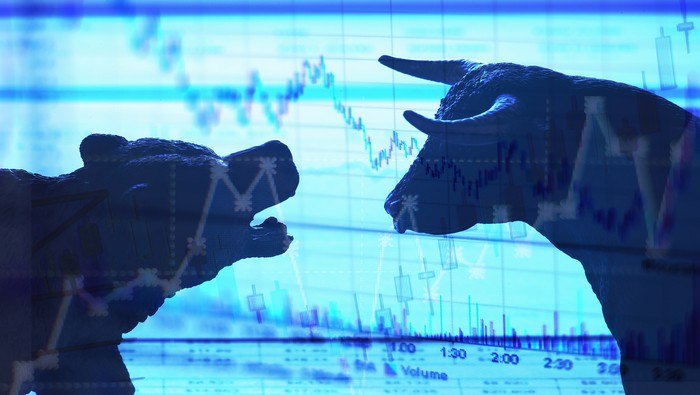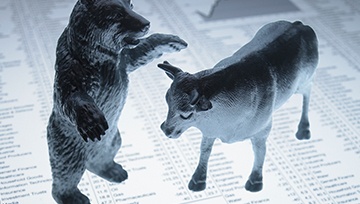This daily digest focuses on market sentiment, new developments in China’s foreign exchange policy, changes in financial market regulations and Chinese-language economic coverage in order to keep DailyFX readers up-to-date on news typically covered only in Chinese-language sources.
- 417.5 billion yuan worth of bonds will mature in May; Chinese firms are facing a tough test.
- Executives for over 100Chinese listed companies have significantly reduced their shares over the past 10 days.
- CSRC banned cross-industry investments in virtual industries in the effort of curbing price bubbles.
To receive reports from this analyst, sign up for Renee Mu’ distribution list.
Hexun News: Chinese leading online media of financial news.
- 417.5 billion yuan of non-government bonds will mature in May, the highest amount in a single month in 2016. This likely will be a challenge for many companies that are already facing solvency issues. On May 5th, Nailun Group, a leading agricultural supply company, defaulted on 800 million of yuan bonds. This is the first default of a corporate bond traded on an exchange. According to the key commentary from People’s Daily, China will continue to cut excess production at manufacturing firms and control cash injected into the market. This means many companiesthat are short of liquidity, including the state-owned enterprises, may no longer receive as much support as they did from the government, and therefore, have to face “the survival of the fittest” test without state-sponsored support.
- The State Council approved to set up a committee with 25 members to specialize in planning and helping steel and coal firms to cut overcapacity. Also, the National Development and Reform Commission (NDRC) published eight additional measures on supply-side reformson May 10th, in addition to the seven measures already released on April 13th. On May 5th, four state agencies including NDRC hosted a special meeting for production cuts and required 146 coal mines to reform.
- China’s Central Bank and Morocco’s Central Bank signed a bilateral currency swap deal on May 11th. The size of the deal is 10 billion yuan/15 billion Moroccan Dirham with a term of three years. The currency swap deal aims to facilitate trade and investment between the two countries. Also, it helps to promote the international development of the Chinese currency.
Sina News: China’s most important online media source, similar to CNN in the US. They also own a Chinese version of Twitter, called Weibo, with around 200 million active usersmonthly.
- Executives in over 100 listed companies have significantly reduced their shares over the past 10 days. They have cashed out at least 2.3 billion yuan from these sales. This has already exceeded the amount of shares sold in the entire month of April, which was less than 1.1 billion yuan. Executives from companies listed on the Small & Medium (SME) board and the ChiNext board reduced their shares by the most, taking up over 80% of the total reduction in holdings.
- China Securities Regulatory Commission banned cross-industry investments in virtual industries. Listed companies that are not in the virtual industries are not allowed to invest or acquire companies in the following four industries: internet finance, games, movies and television, and virtual reality. For example, a concrete company is allowed to invest in photovoltaic businesses but not in a video game business. The new rule intends to curb asset price bubbles in virtual industries that are often caused by mergers and acquisitions from outsiders, as it is more difficult to assess valuations on these industries.
- The National Development and Reform Commission (NDRC) raised China’s domestic oil prices on May 11, the second consecutive increase. The gasoline prices were increased by 120 yuan/ton and the diesel prices increased by 115 yuan/ton.
Written by Renee Mu, DailyFX Research Team
To receive reports from this analyst, sign up for Renee Mu’ distribution list.







